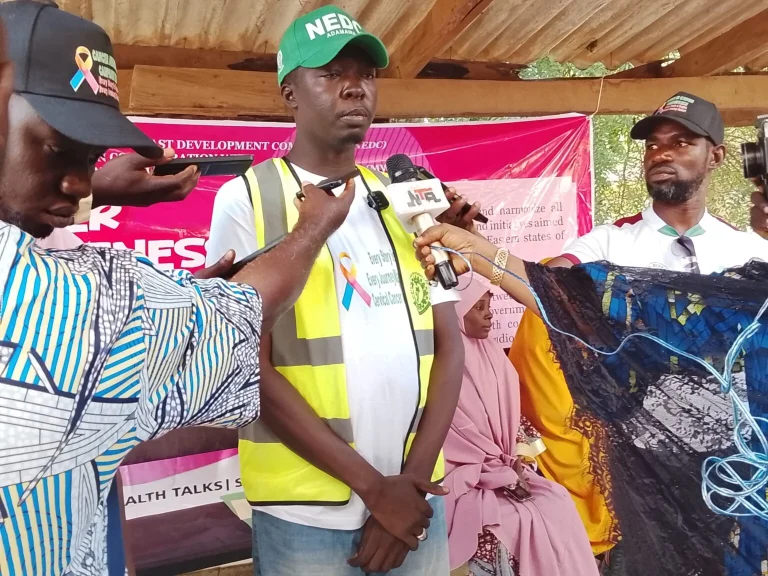The North-East Development Commission (NEDC), in collaboration with the Medical Women’s Association of Nigeria (MWAN), Bauchi State chapter, has screened no fewer than 1,000 women for breast and cervical cancers in Alkaleri Local Government Area of Bauchi State.
The exercise marked the second phase of the cancer screening programme jointly conducted by NEDC and MWAN in 2025.
Speaking on Saturday, Dr. Umma-Hani Jafaru, President of MWAN, Bauchi State, described breast and cervical cancers as major public health concerns and leading causes of mortality among women globally and in Nigeria.
“The screening is part of an ongoing NEDC-sponsored programme covering all six states of the North-East—Adamawa, Bauchi, Borno, Gombe, Taraba and Yobe,” she said.
Jafaru said, in addition to screenings, MWAN was also carrying out advocacy visits and awareness campaigns to enlighten women and children on disease prevention.
According to her, Nigeria records about 12,000 cervical cancer cases annually, with nearly 8,000 resulting in death, adding that globally, a woman dies from the disease every two minutes.
She further highlighted the World Health Organisation’s 90-70-90 targets aimed at reducing cervical cancer and called for increased vaccination, screening and treatment uptake.
Also speaking, Mohammed Ali, NEDC Health Desk Officer in Bauchi State, said the commission embarked on the screening in response to rising cancer cases across the region. He reaffirmed NEDC’s commitment to improving healthcare for women, stressing that early detection is key to survival.
Dr. Habiba Isma’il, President of the National Cancer Society, Bauchi State chapter, expressed concern over the high rate of late presentation of cancer cases. She advised women to conduct monthly breast self-examinations and undergo regular Pap smear tests for better outcomes.
Isma’il also urged women to seek medical attention promptly if they notice any abnormalities in the breast or other parts of the body.
A cross section of beneficiaries expressed appreciation for the gesture and appealed for similar outreaches to be extended to women in remote communities across the region.


